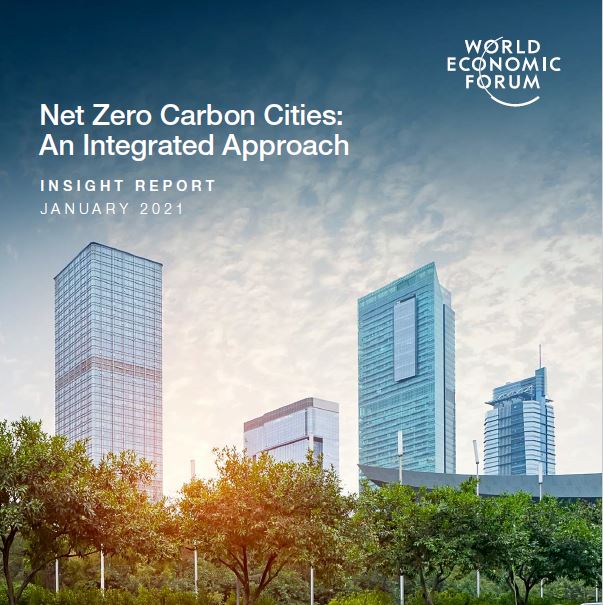Filters
Search Programmes
Programmes Categories
- Architecture & Design ( 1 )
- Artificial Intelligence ( 6 )
- Cultural Integration ( 1 )
- Disability Awareness ( 2 )
- Events ( 1 )
- Food Safety ( 1 )
- Food and Beverage ( 3 )
- Forbes Travel Guide 2022 Sessions ( 3 )
- Forbes Travel Guide Leadership Excellence Level 1 ( 10 )
- Forbes Travel Guide Leadership Excellence Level 2 ( 1 )
- Forbes Travel Guide Management Excellence Level 1 ( 6 )
- Forbes Travel Guide Management Excellence Level 2 ( 1 )
- Forbes Travel Guide Service Excellence Level 1 ( 7 )
- Forbes Travel Guide Service Excellence Level 2 ( 8 )
- Forbes Travel Guide Service Excellence Level 3 ( 11 )
- Front Office ( 1 )
- Government and Institutional Travel ( 3 )
- Hospitality Management ( 7 )
- Housekeeping ( 2 )
- Information Technology ( 5 )
- Language ( 1 )
- Law ( 1 )
- Marketing and Communication ( 4 )
- Nutrition ( 1 )
- Professional Chef ( 1 )
- Project Management ( 1 )
- Responsible Tourism & Travel ( 1 )
- Spa ( 1 )
- The Maltese History ( 1 )
- Understanding Different Travellers ( 1 )
Economy
Net Zero Carbon Cities: An Integrated Approach
Member Joined:
1 Member Joined
Total View:
0 People Visited
Free

Cities cover 3% of the earth’s land surface yet they create more than 70% of all carbon emissions. To keep global temperature increases to 1.5°C or below, cities have to achieve net-zero. This report provides a global framework and recommends an integrated energy approach, defined as “systemic efficiency”, as a solution to the current environmental, economic, health and social crises. Systemic efficiency encompasses clean electrification, smart digital technology, and efficient buildings and infrastructure, along with a circular economy approach to water, waste and materials. By taking a holistic approach, cities have an opportunity to boost their resilience to withstand a range of potential future climate- and health-related crises.


